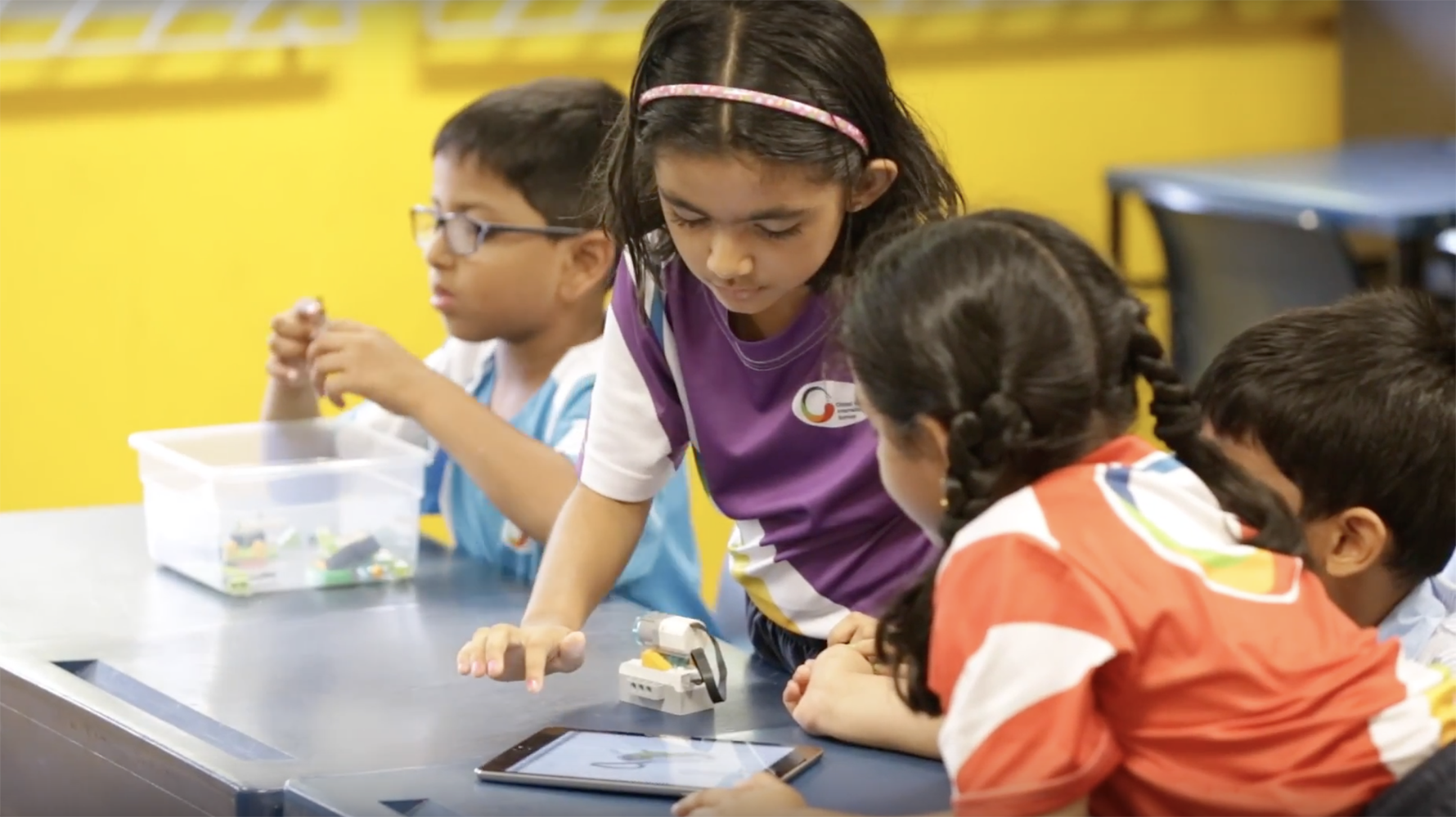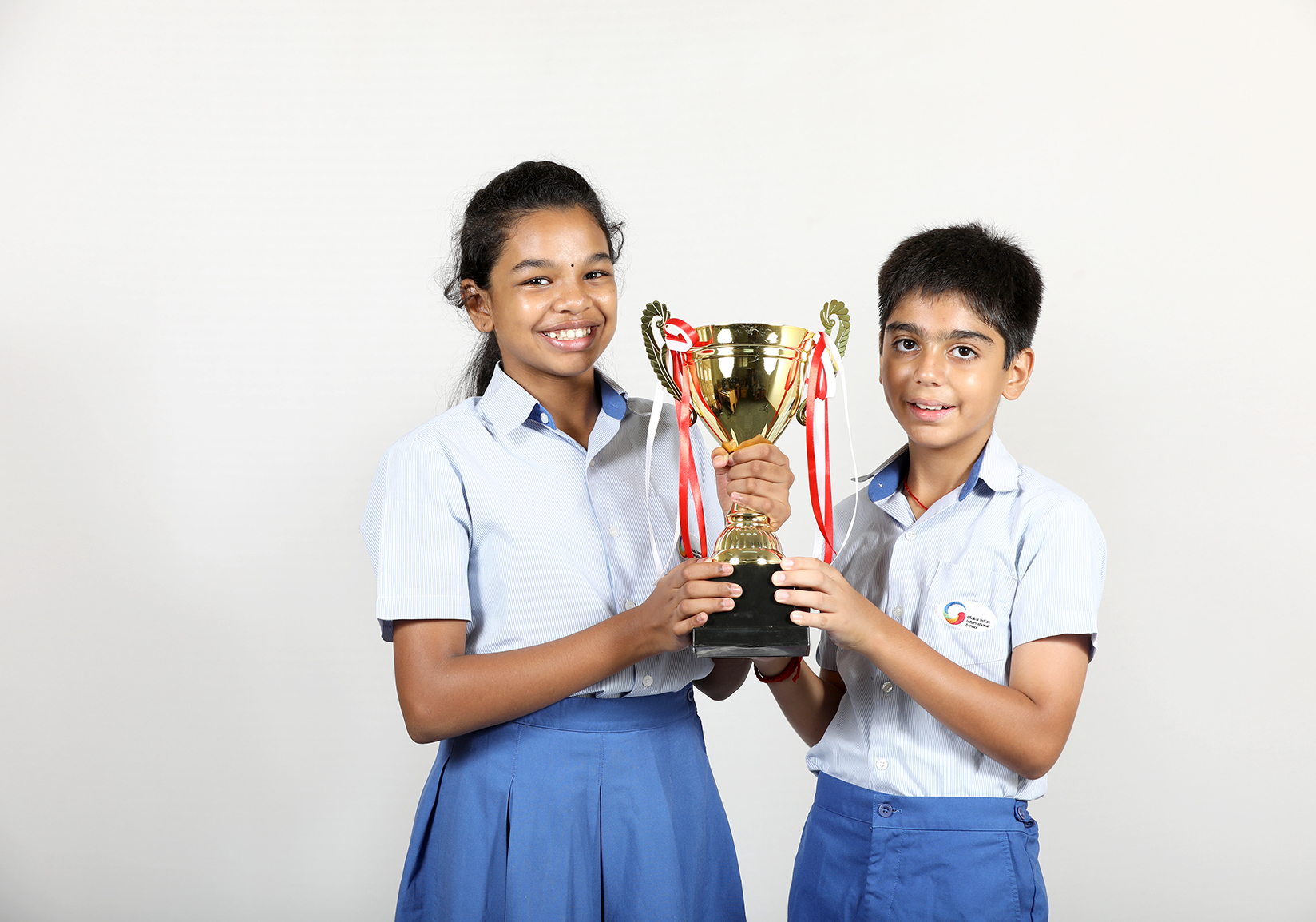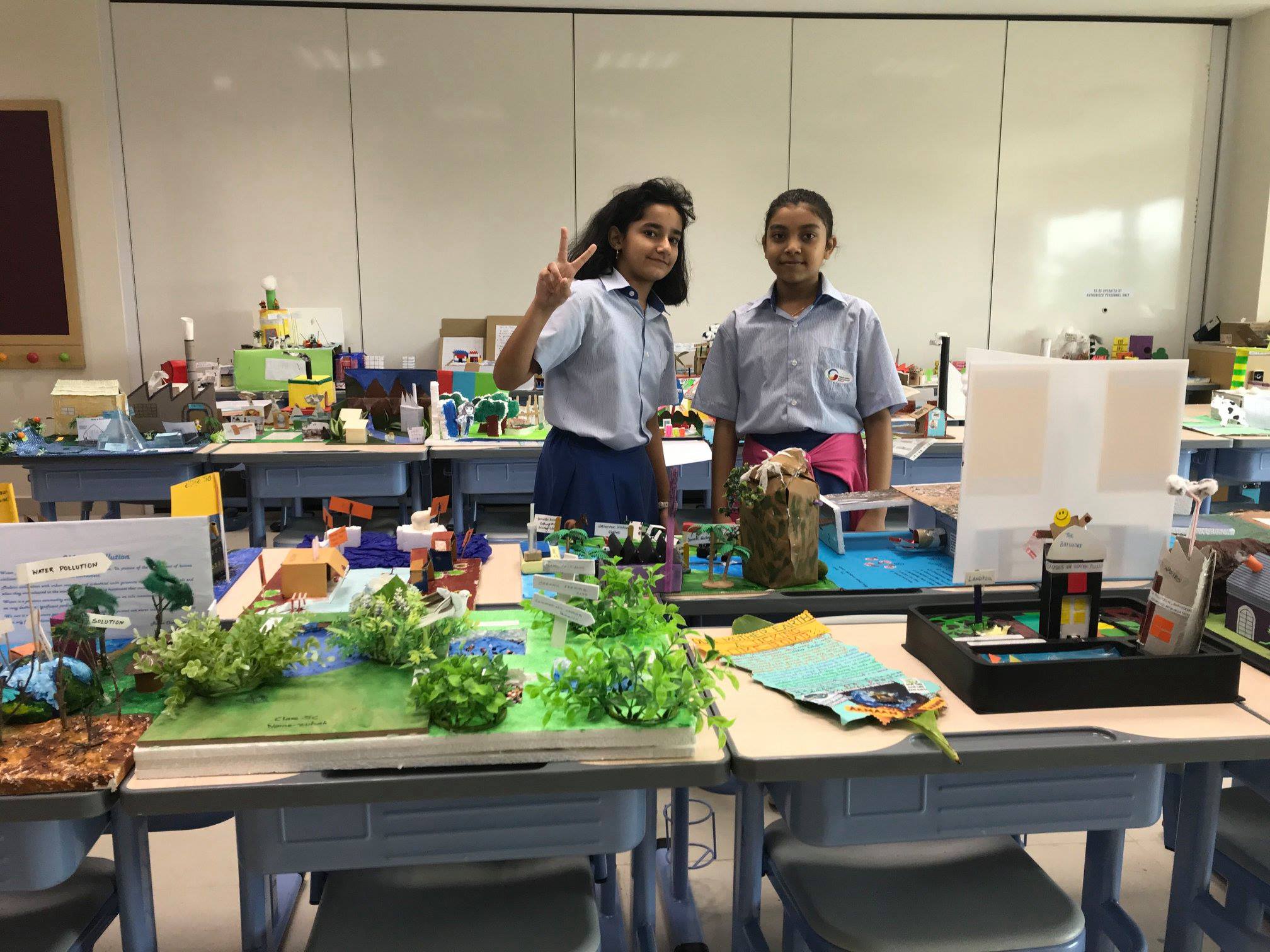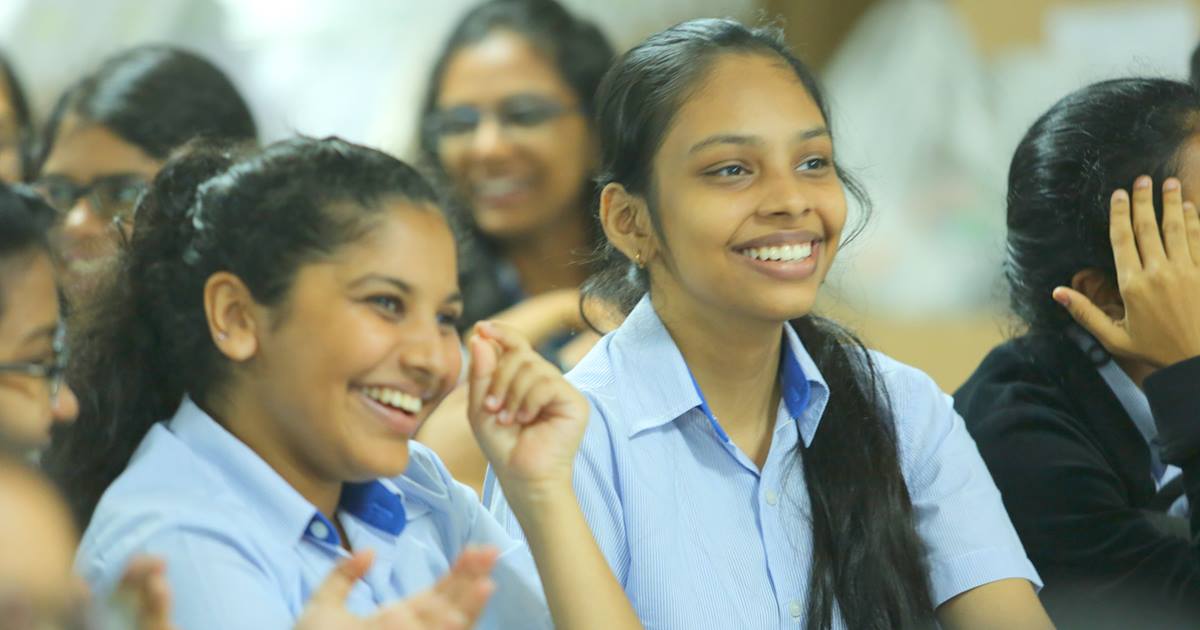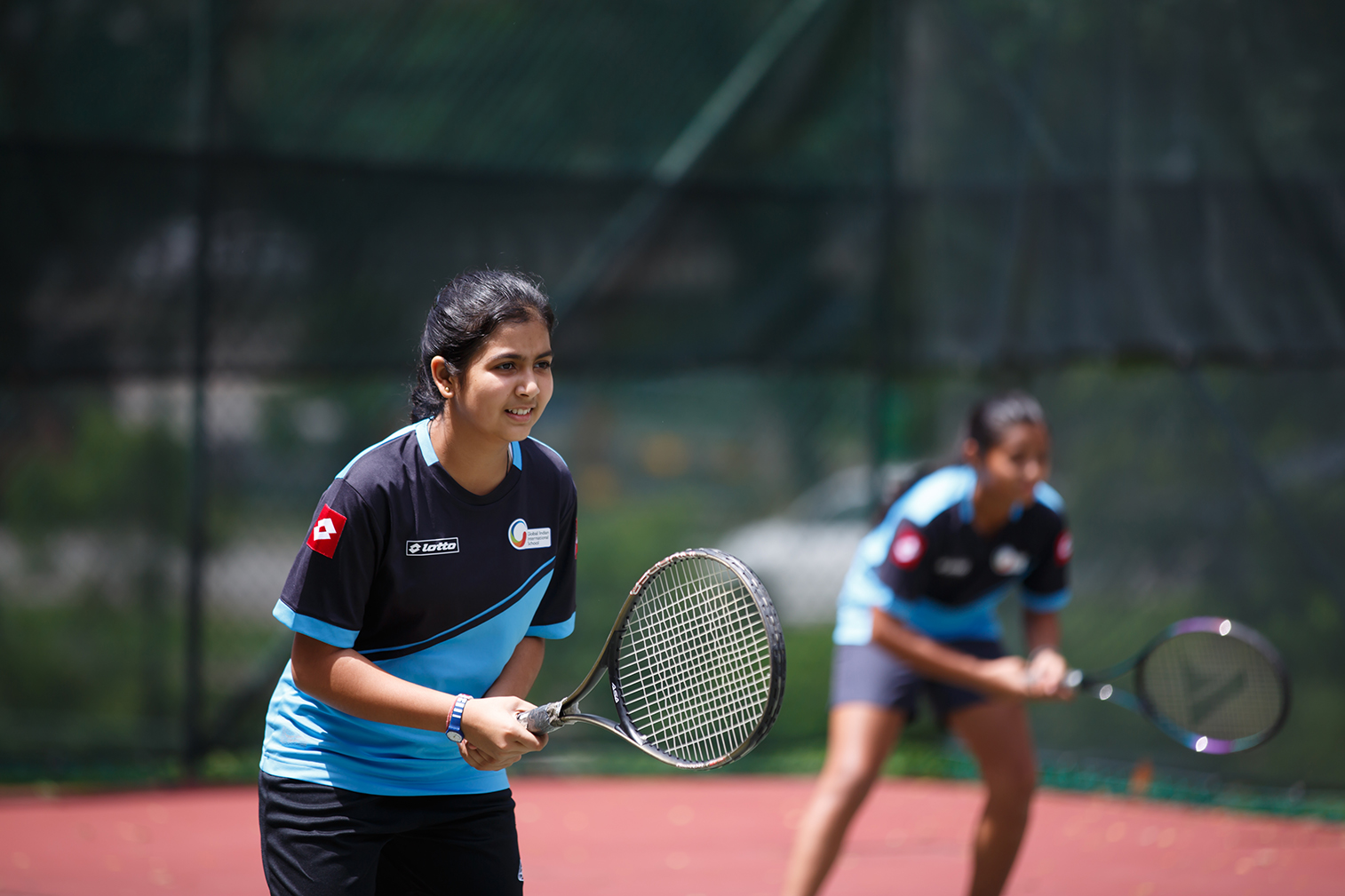As the saying goes, “Give a man a fish and you’ll feed him for a day; but teach a man to fish and it’ll feed him for a lifetime.”
In the same way, the most precious thing one could teach a child, is the love for learning.
For kids aged between 5 to 12 years, they are in an accelerated mode of growth – both physically and mentally. While their brain is developed and can take a lot of information, it is crucial to make sure that learning is not a burden but a joyful experience.
The Primary Programme at Global Indian International School (GIIS) acknowledges the importance of planting this learning seed in children, and has designed a three-pronged approach to ensure all-round development of a child.
Lessons and timetables are planned such that days are filled with both academics and sports activities. Teachers help to identify, focus on and nurture a child’s interest in academics and sports.
“We believe that each child has some spark, and in order to identify that spark, we keenly observe the children during various activities conducted in the class,” said Atul Termunikar, co-founder and Executive Chairman of GIIS. “We want to expose the children to variety of talent areas so that each child gets the opportunity to know his flair. Interests are nurtured by encouraging the children to participate and appreciating their work.”
He added that the main emphasis of the school was to provide a holistic education. “We have designed our Primary Programme to provide an enriched learning experience and develop our students into all-rounded individuals. Through the three-pronged approach we develop various skills in our students, hone their academic proficiency, and train them to excel in sports at the same time.”
Here are the three aspects of the unique approach by GIIS which aims to instil in the children a joy in exploring, discovering and learning about the world around them.
Academics: Spiral Learning Method
The spiral learning method focuses on a phenomenon of moving from Concrete to Abstract. Concepts are introduced at an early age, involving the use of physical objects. The children learn the basic facts of a subject without worrying about details.
As the students move up to higher classes, the depth and complexity of the concepts increase.
This method helps students to develop in-depth understanding of the concept as they go along the journey of education. This also ensures that only a required amount of academic pressure is put on the child, ensuring productivity without placing too much stress on the student.
Add-ons: Value-added academics
The Primary Programme also includes value added academic add-ons to support the learning and to make it enjoyable. The add-ons helps students focus on key learning areas and concepts.
For example, every student receives a Science Technology Engineering Maths (STEM) kit from the school. The kit contains eight experiments, which are mapped to the concepts taught during the year. This can help students with understanding key concepts, through creating working models to understand real life use of the concepts they learn in classrooms.
The online tool, Hey Math, is also available for students to hone their mathematical skills. Hey Math ensures that every student not just understands the topic but gets to practice it in-depth. Besides helping them to overcome their fear of mathematics, the tool also enables them to focus on self-learning for diagnostic testing and identifying learning outcomes.
Moreover, Detailed Assessment, also known as DA, are online practice tests that enable teachers understand every child’s strengths and weakness in that particular lesson or concept. Students get to take these tests in school as a part of extra practice.
Along with these academic tools that are part of the school kit provided to the students in the beginning of the year, the Programme also offers additions like Robotics, STITCH, Coding and Innovation Boot Camps. These Value add-ons provide exposure in the emerging technological areas, to help students be future-ready.
Activities: PE and Sports
At GIIS, sports is taken very seriously from a very young age. 40 percent of their time spent in school has been allocated to physical activities and sports.
Students are encouraged to take up one sport of their liking in their extra-curricular activities. The sports department and their respective coach will keep a keen eye on each student's performance and are constantly identifying talent in various sports.
Talented and interested students are encouraged to join Gold Squad Programme, which provides students with special coaches to train them to participate in inter-school competitions and at the national level. There are five sports under the programme; namely, basketball, tennis, soccer, badminton and cricket.
The SMART Campus at Punggol also utilises SPEDAS technology to analyse the performance of the players and teach them better strategies.

